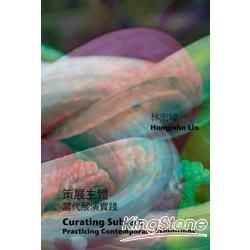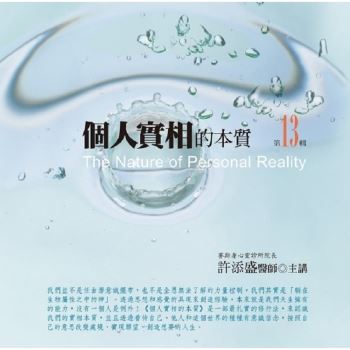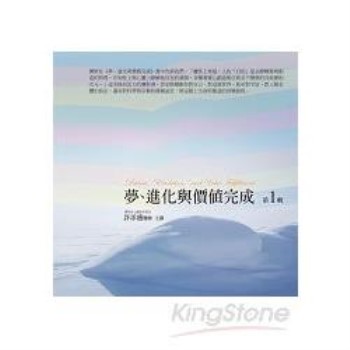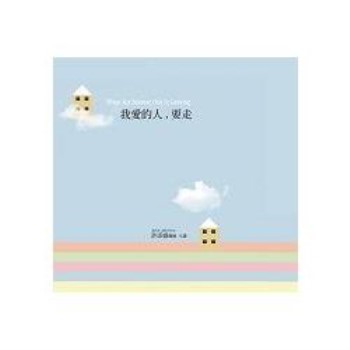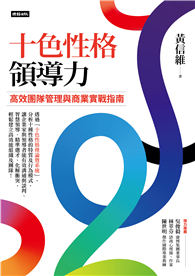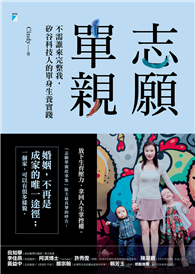圖書簡介本文論針對獨立策展發生於60年代至今的轉變進行主體性的思考,並觀察雙年展發展過程的特定案例的文化政治 邏輯,試圖發展當代策展的「必要之惡」的美學實踐。在脫離宗教及醫療體系的策展-照料」在當代表演性、藝術性、及批判性策展的樣態,是一種在傳統策展人與 藝術家角色所重疊的灰色地帶形成的差異性實踐,發展於「之間(in- between)」地帶而進行展演的創作。
在如此概念,反映在展演空間的部署往往反應了空間本身的自明性及歷史主義書寫的意義生產,將展演空間的語義化; 另一方面,策展的論述空間(discursive space)脫離藝術評論的框架,成為一種在藝術與寫作的宣告性的論述,這種方式類似于精神分析師的角色,在一個「主體應知(subject- supposed-to-know )」的脈絡下聯系著作品-展演-策展之間的關係。第二部分則進入對于雙年展體系的思考, 經由系譜及普查的方式觀察其生產路徑,發現其癥候及其不滿。
經此,「自我反觀(self-reflexivity)」思考策展作主體論證,是一個開放象徵 性行動與積極意義。從這,我們看到一個隱含當代藝術之美學政治企圖,將藝術置放在文化物邏輯之外,是一個去中性的展演實踐,逾越展演主題所進行的文化行動。
The thesis examines the curating subject since the practice became first popular since 1960's, seeking after its parallel exhibition history such as biennials and Documenta and in underpinning its politico-cultural logic for the necessary evil in the contemporary esthetics. To curate, originally used a term for religion and institution purpose, was then reinvented by artistic, critical, and performative exhibition practice, anchoring on the grey zone in between the roles of the artist and the curator for the aesthetics of differences. To install in exhibition spaces always already meant to reflect the axiomatic spatial logics and new historism as well. The discursive space of curating can be regarded as a line of flight from art criticism, becoming a alternative statement for artworks and their writing, much as the analysts in the psychoanalytical sense where the subject was supposed to know in linking the triangular relation among artwork, exhibition, and curation. The second part deals with the genealogy of the biennials and finds its patterns in discovering its symptoms and discontents. From here, a self-reflexive stance of curating practice as a symbolic act for subjectification from within can be realized. It is an cultural action lurking in the politio-aesthetic agenda of contemporary art , through displacing art from its usual settings in denaturalizing what we supposed to perceived as art and thus to transgress the subjectivity of the gallery.
